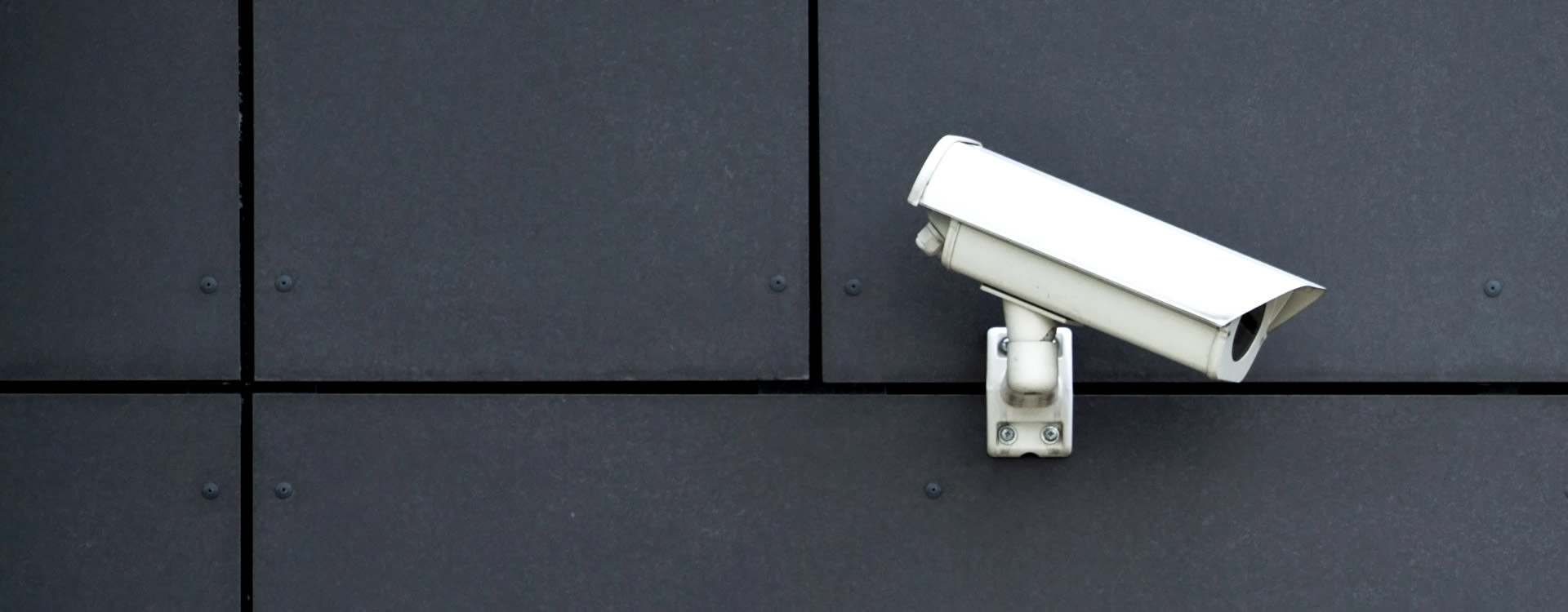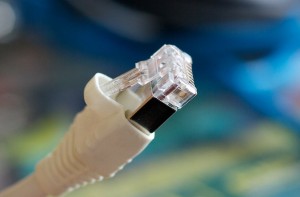Summer brings many wonderful experiences – long overdue vacations, day trips to the beach, holidays spent with family and friends, and lots more. But did you also know summer brings the highest risk of break-ins?
Here are some helpful tips to make sure your home is protected during the summer months.
- Don’t Advertise That You’re On Vacation – As tempting as it may be to brag on social media about your upcoming vacation, thieves are becoming more clever and may be watching your posts. Be careful what you post online – anything that lets people know you’ll be aware from your home for an extended period of time is an invitation for someone to break in.
- Timers – Technology today can help with many tricks to help make it appear as if you’re home. Timers can be set on lighting systems to turn lights on and off, both inside and outside your house, making it appear as if the house is occupied while you’re away. You can even have your radio or television turned on and off remotely.

- Pause Your Mail/Newspapers – The post office will hold mail deliveries for up to 30 days. A quick trip to the post office will ensure that stacks of mail don’t pile up at your house while you’re away, which is a big sign that no one is watching the house.
- Helpful Neighbors – Ask neighbors that you trust to pick up your newspaper / mail (if you choose not to have it paused). Give them contact information if they don’t have it to use in case of emergency, and ask them to watch out for any unexpected packages that may arrive while you’re away.
- Sliding Glass Doors – A metal rod installed in the track of a sliding glass door makes it more difficult for any potential thieves to dislodge the door and get inside.
- Garage Door – If you’re going to be away for an extended period of time, disable the power to your garage door and manually lock it. This closes down one more potential means of entry for any would-be burglars.
- Landscaping Tips – If you’re going to be away for a longer period of time, arrange to have your lawn cut. Make sure your bushes and hedges are trimmed as well – the smaller the number of potential hiding spots, the lower the chance of someone breaking in.
In addition to all these tips, one of the bonuses of a home or business security system is the added functionality of environmental controls. With an integrated system, you can remotely control your thermostat to make sure you’re saving as much as possible on your cooling bill.





 Our world is constantly changing and evolving. Progression is an inevitable force that influences the way we live our daily lives. This is especially true of advancements made in the techy devices we interact with on a daily basis. Everything from our smartphones to our security systems. It’s the manner in how we interact with all of these devices that is driving innovation and product design. The internet and networking of devices is creating a connected environment that offers ultimate convenience and changes how we perceive the potential of security systems.
Our world is constantly changing and evolving. Progression is an inevitable force that influences the way we live our daily lives. This is especially true of advancements made in the techy devices we interact with on a daily basis. Everything from our smartphones to our security systems. It’s the manner in how we interact with all of these devices that is driving innovation and product design. The internet and networking of devices is creating a connected environment that offers ultimate convenience and changes how we perceive the potential of security systems. Comprehensive security systems are what help maintain a safe and secure work environment or home. As a consumer it is in your best interest to hire a systems integrator with experience, knowledge, and know-how, but how do you tell the good from the “just okay” or bad? Any company can spout off how many years experience they have or jobs they’ve completed, that doesn’t really give you much insight into how they operate and solve problems.
Comprehensive security systems are what help maintain a safe and secure work environment or home. As a consumer it is in your best interest to hire a systems integrator with experience, knowledge, and know-how, but how do you tell the good from the “just okay” or bad? Any company can spout off how many years experience they have or jobs they’ve completed, that doesn’t really give you much insight into how they operate and solve problems. Assisted living facilities are dynamic environments. You have occupants with varying levels of medical needs alongside administrative, medical, and visiting personnel. It’s a somewhat complex security issue because residents and staff need to be able to move throughout the facility freely, but unauthorized entrants must somehow be kept out. The mental health and acuity of residents can also be a cause for concern. In an aging population medical conditions like dementia and Alzheimer’s can cause residents to wander off or get lost which is a major concern for staff and resident relatives. Thankfully by implementing security system solutions many of these concerns can be addressed.
Assisted living facilities are dynamic environments. You have occupants with varying levels of medical needs alongside administrative, medical, and visiting personnel. It’s a somewhat complex security issue because residents and staff need to be able to move throughout the facility freely, but unauthorized entrants must somehow be kept out. The mental health and acuity of residents can also be a cause for concern. In an aging population medical conditions like dementia and Alzheimer’s can cause residents to wander off or get lost which is a major concern for staff and resident relatives. Thankfully by implementing security system solutions many of these concerns can be addressed.
